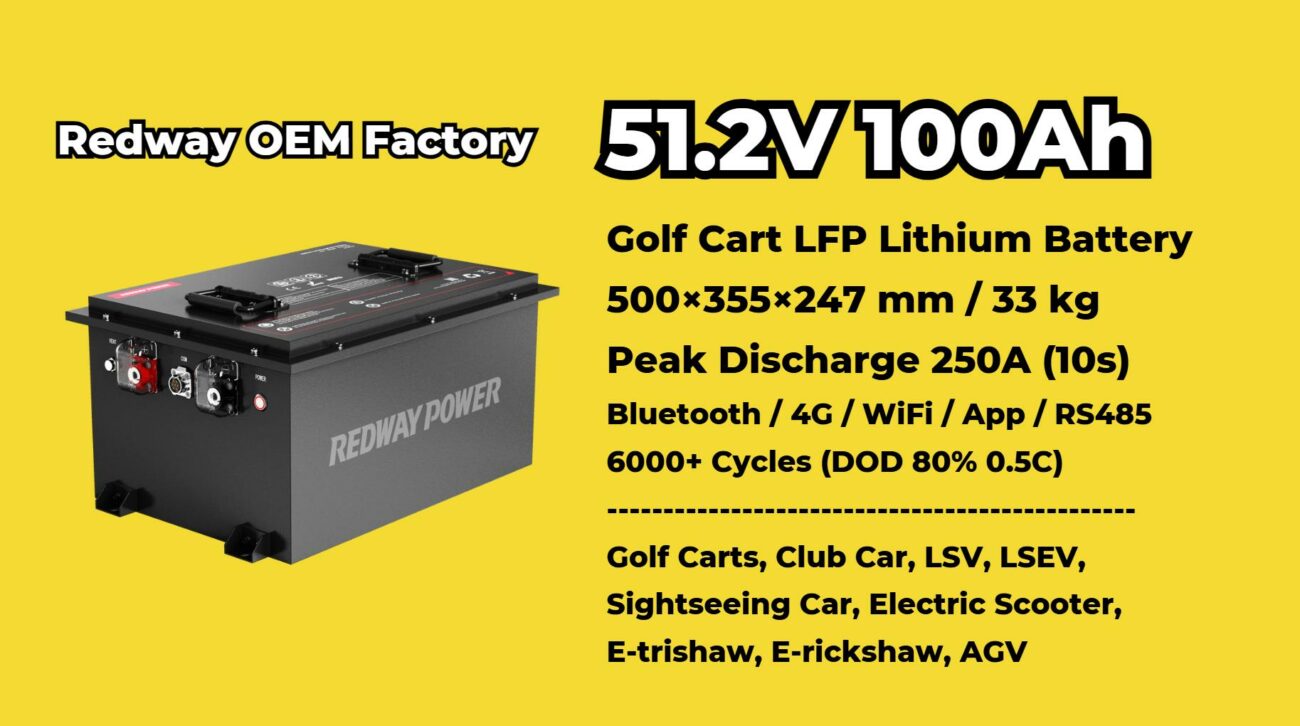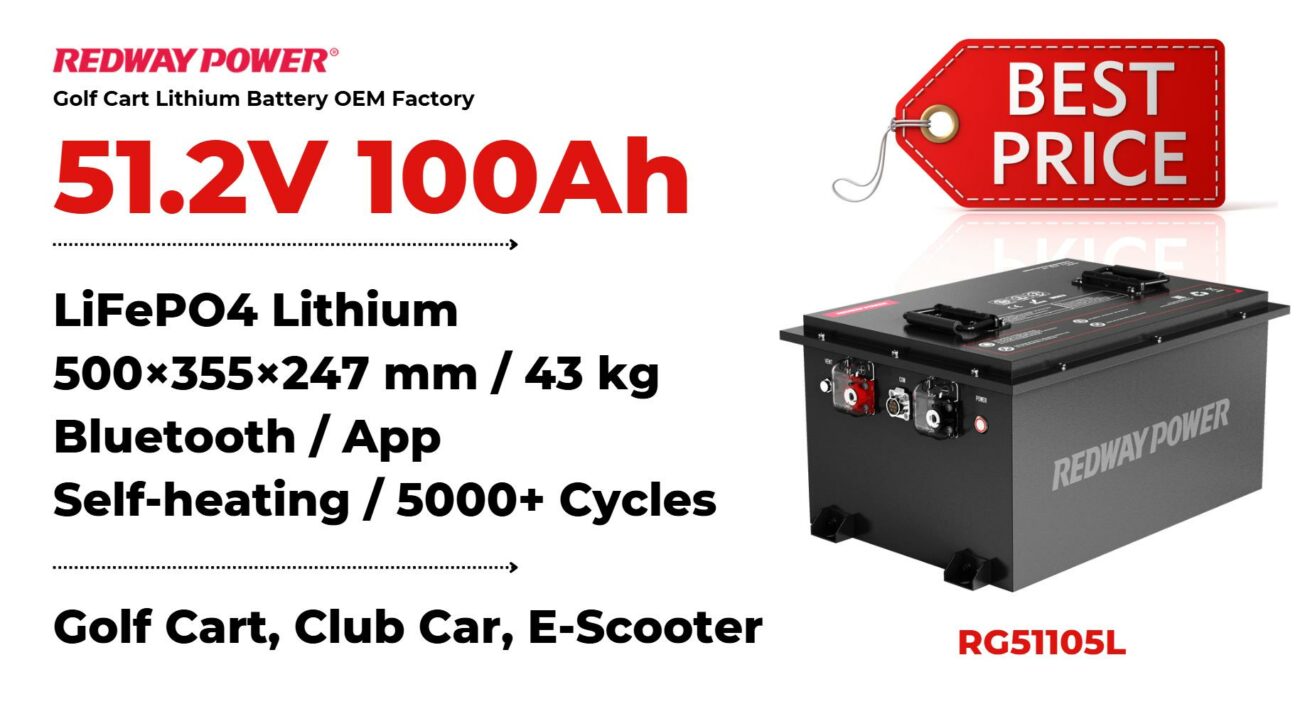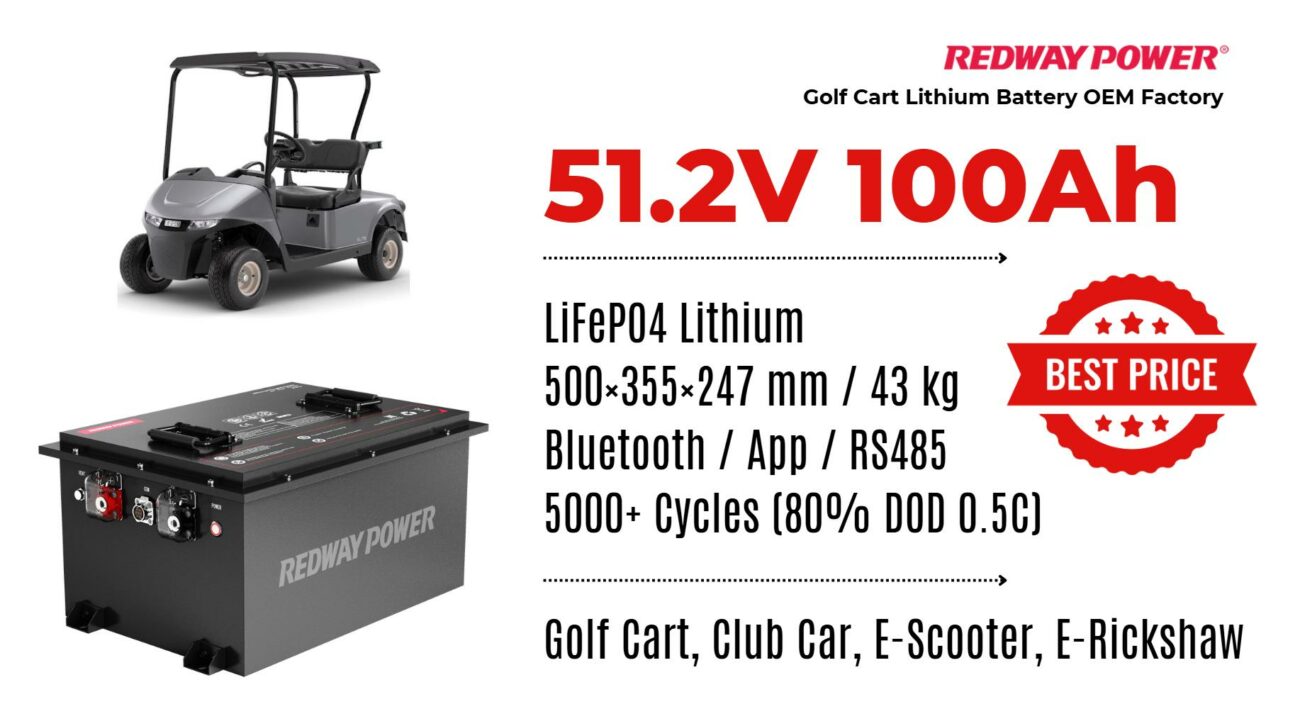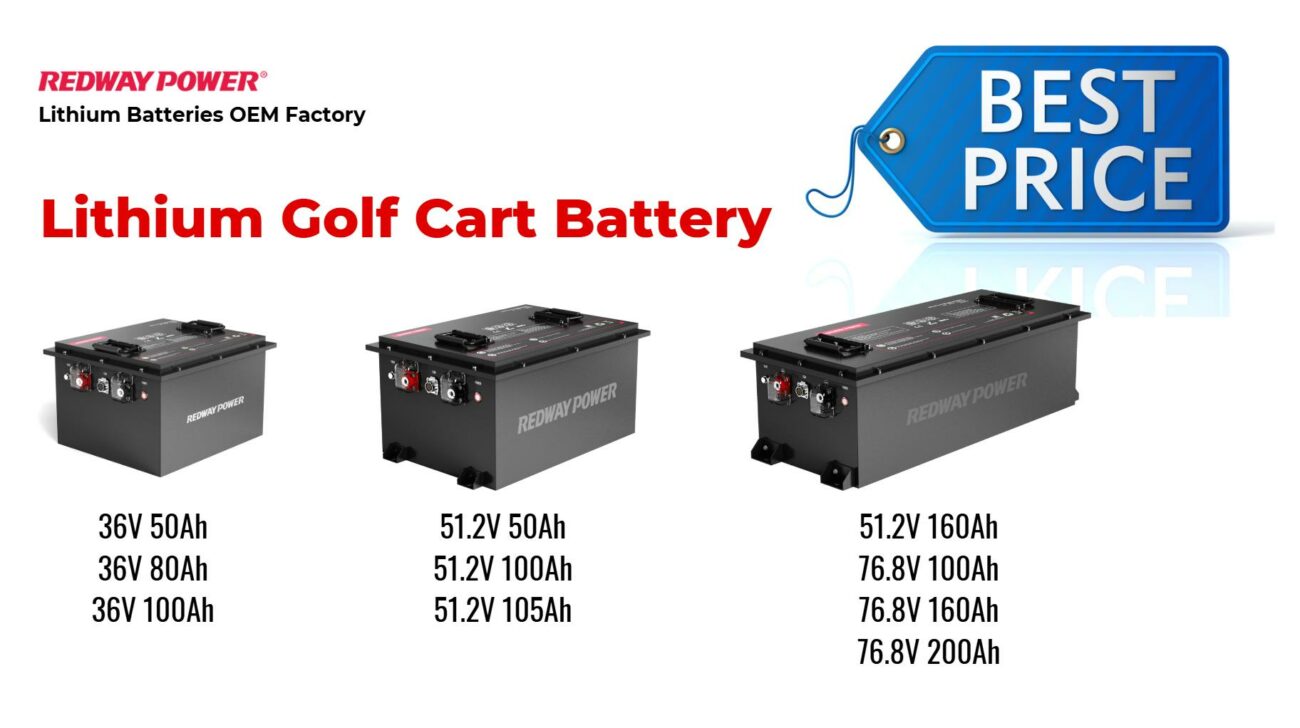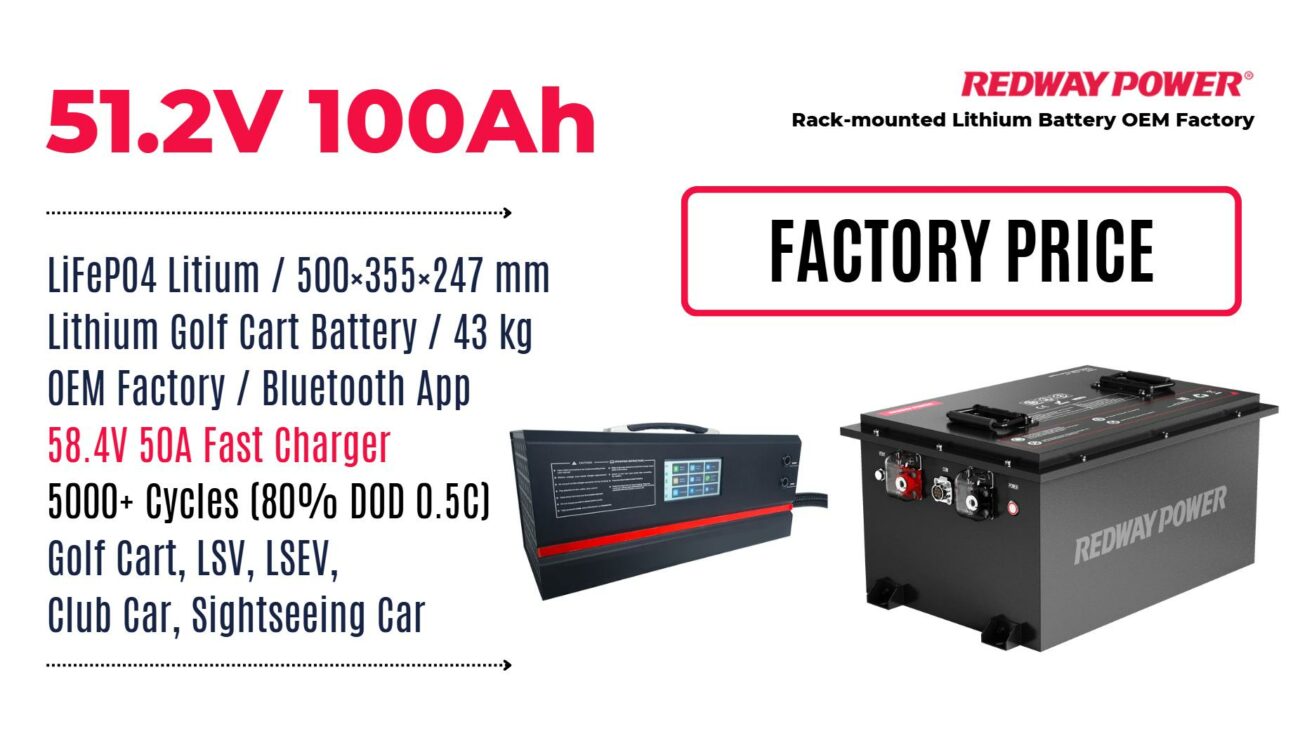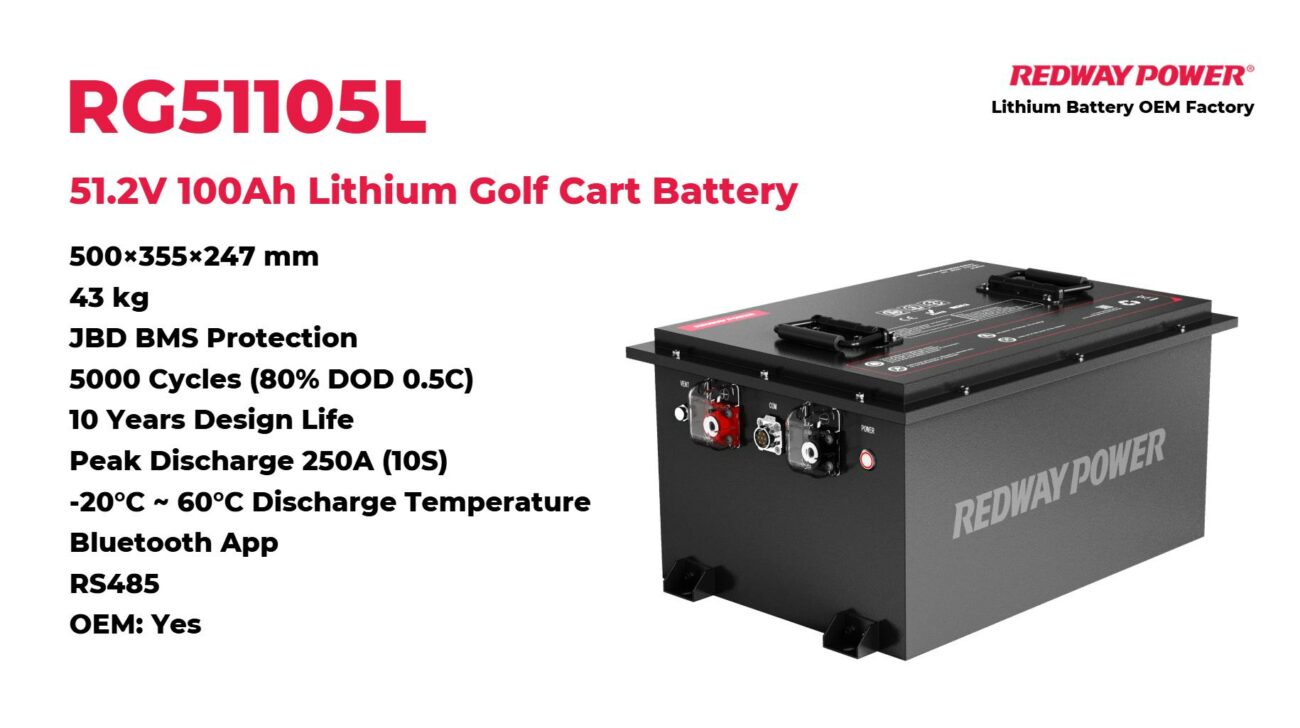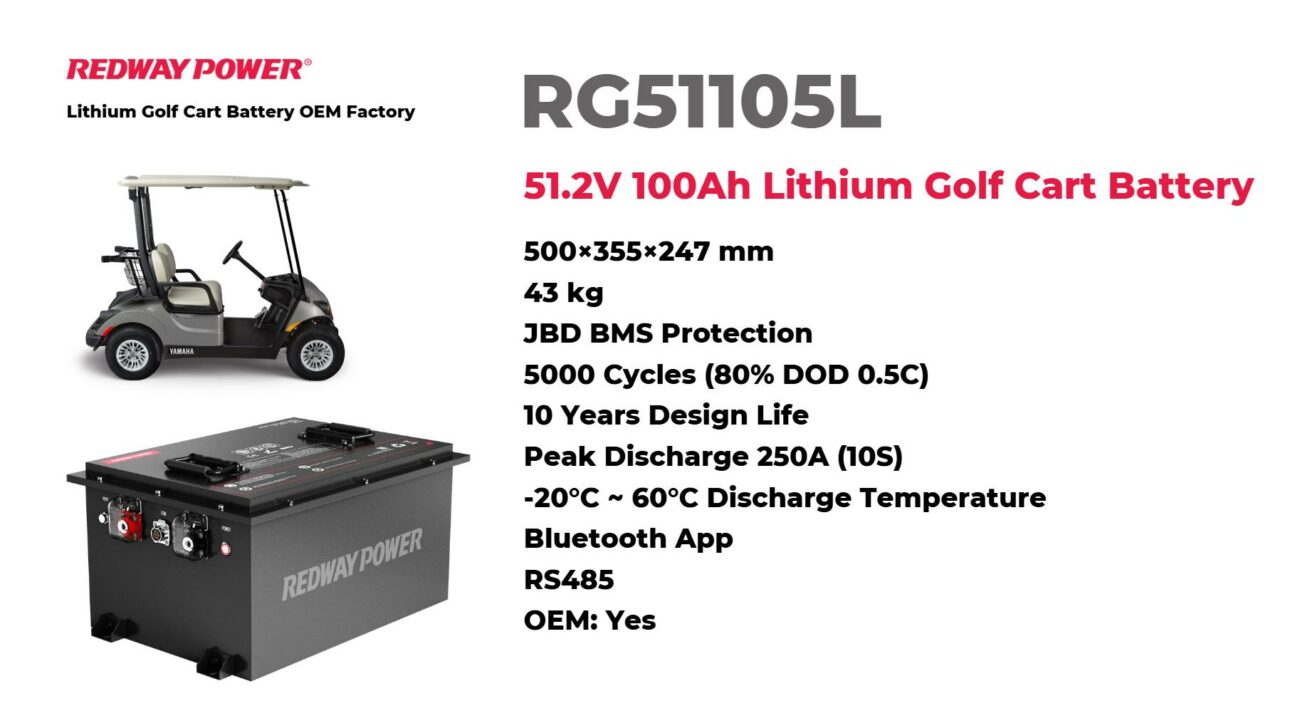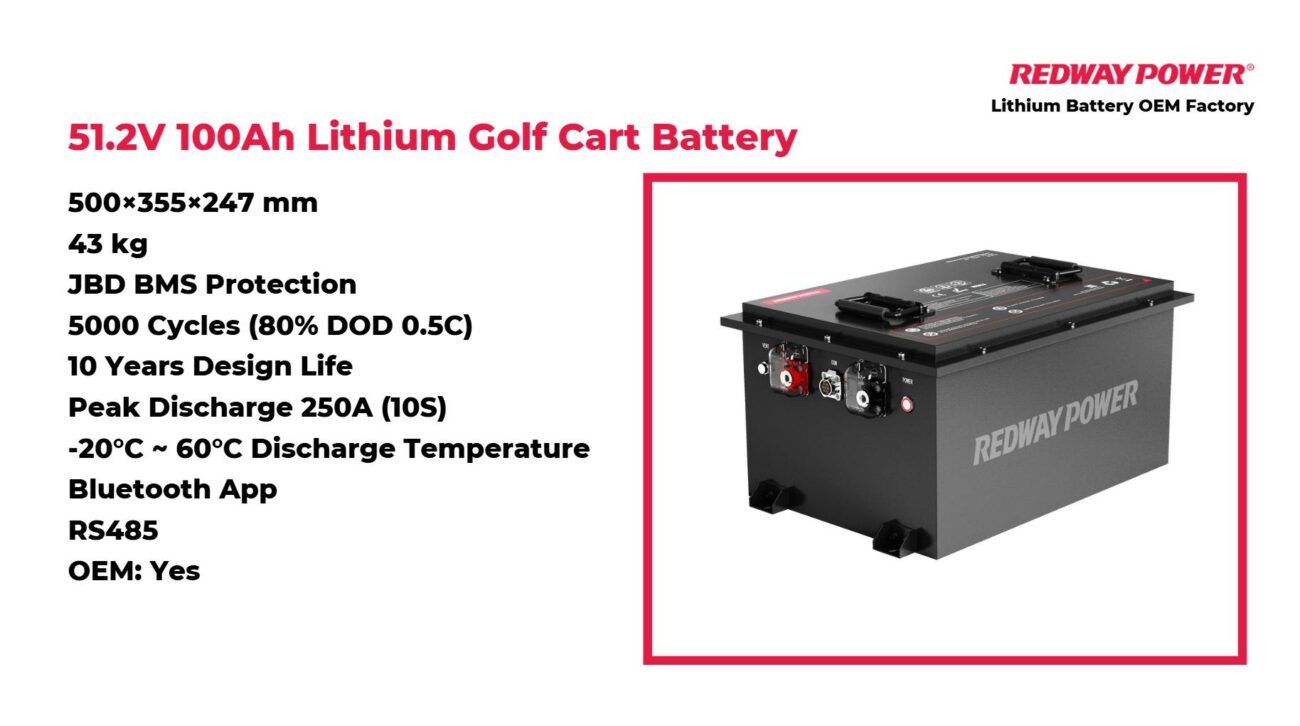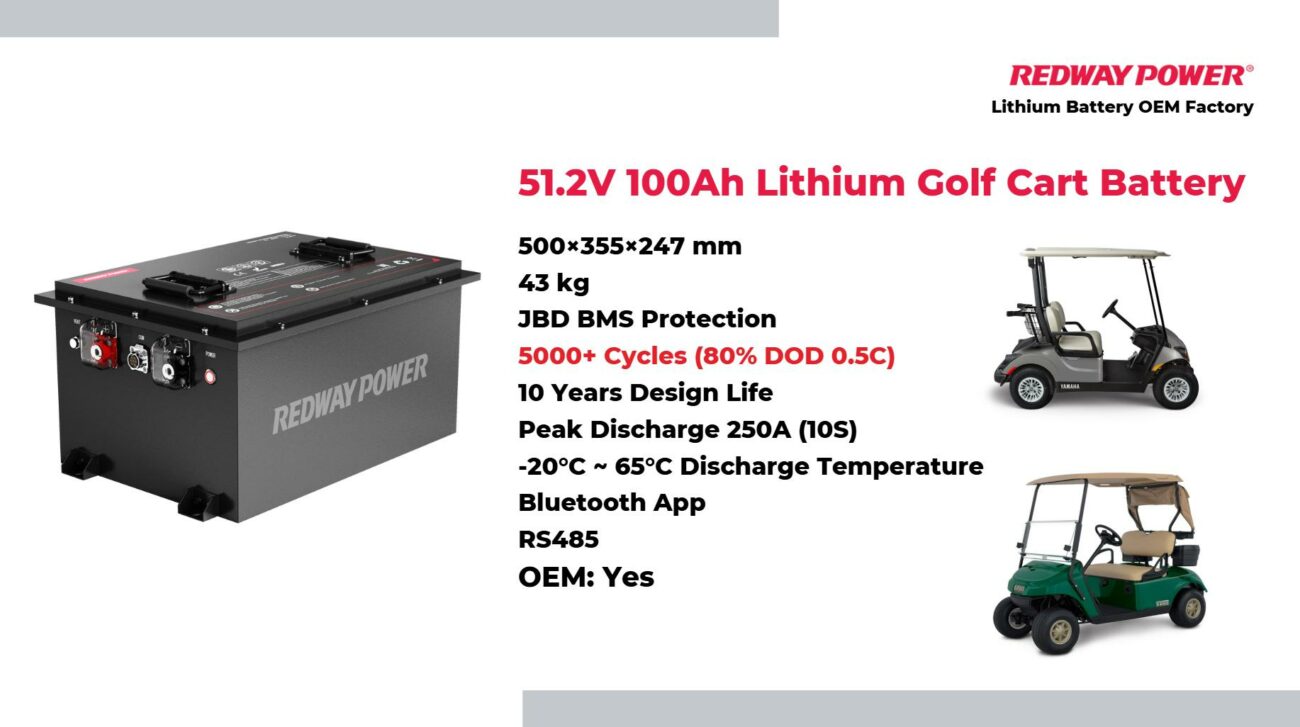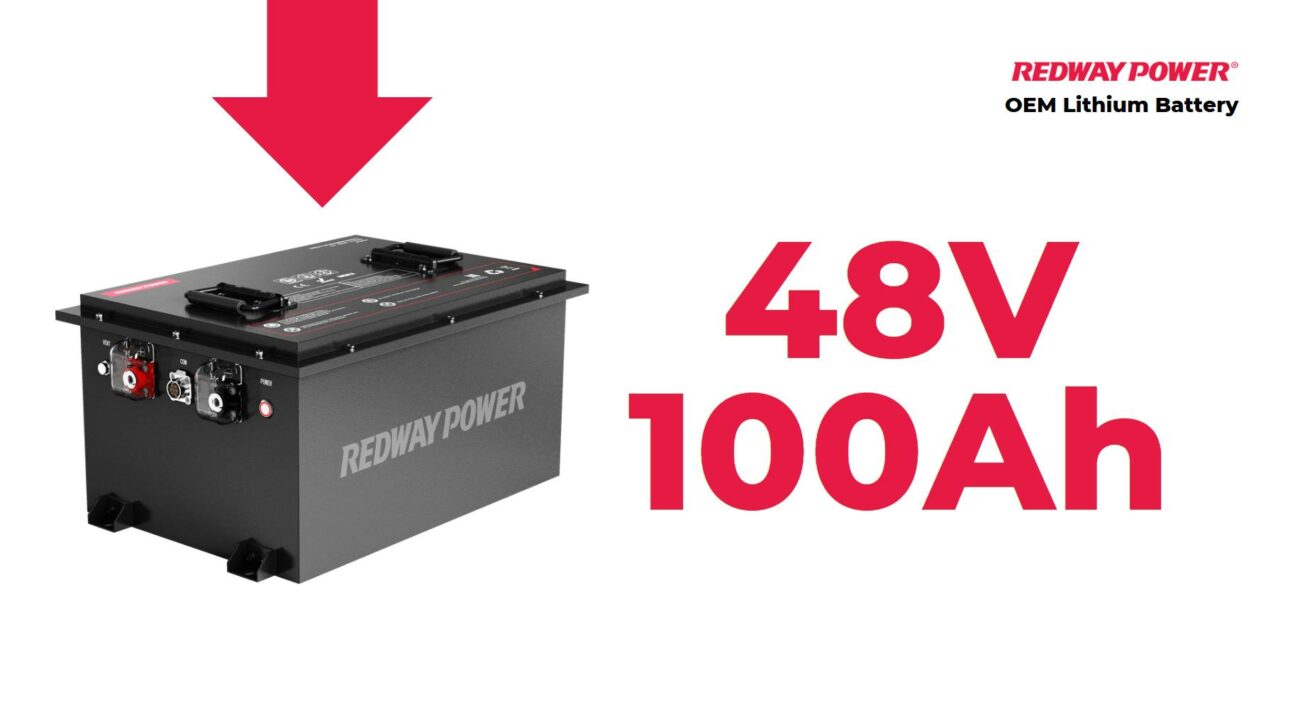Choosing the right lithium battery for your golf cart is crucial to ensure optimal performance and longevity. With the shift from traditional lead-acid batteries to advanced lithium options, understanding the correct battery size and capacity becomes paramount. This comprehensive guide will walk you through selecting the ideal lithium battery for your golf cart, ensuring you enjoy a seamless and efficient upgrade.
To choose the right lithium battery for your golf cart, consider the voltage (typically 36V or 48V) and capacity (measured in amp-hours). A higher Ah rating means longer runtime. Assess your usage patterns and weight considerations to ensure optimal performance.
Understanding Lithium Battery Basics
Lithium batteries are favored for their superior energy density, longer lifespan, and lower maintenance compared to lead-acid batteries. For golf carts, these batteries offer several advantages, including lighter weight, faster charging, and more consistent power delivery. However, to fully capitalize on these benefits, it’s essential to choose the correct size and amp-hour (Ah) rating.
Common Golf Cart Battery Sizes
Most golf carts use group-size GC2/GC8 batteries, which are common for lead-acid systems. When transitioning to lithium batteries, selecting a drop-in replacement that matches the physical dimensions of these standard sizes is crucial. This ensures that the lithium battery fits seamlessly into the existing battery compartment without requiring modifications.
1. Size Compatibility
For a smooth transition, we recommend choosing a lithium battery that matches the dimensions of your current lead-acid batteries. For instance, the RELiON Insight Series™ 48V lithium golf cart battery is designed to fit the standard GC2/GC8 slots, making it an excellent choice for those upgrading from lead-acid batteries. Ensuring size compatibility simplifies installation and avoids any additional adjustments.
2. Voltage Requirements
Golf carts typically operate on a 48V system. It is essential to select a lithium battery that matches this voltage. For a 48V golf cart, the battery must provide consistent 48 volts to ensure proper functioning and to avoid potential damage to the cart’s electrical system.
Choosing the Right Amp-Hour Rating
The amp-hour rating determines how long the battery can deliver power before needing a recharge. This is a critical factor in deciding how many batteries you need and how long you can use your golf cart between charges.
1. Standard Recommendations
For most 48V golf carts, a lithium battery with a capacity of 30 amp-hours (Ah) is commonly recommended. This capacity provides a good balance between range and weight. However, the exact amp-hour rating required can vary based on the specific use case and desired performance.
2. Range and Usage
The number of batteries needed depends on the distance you want to travel on a single charge. Typically, golf carts can use anywhere from 2 to 6 lithium batteries. For instance:
- 2 Batteries: Suitable for short-range use, typically up to 20-30 miles.
- 4 Batteries: Ideal for moderate use, offering a range of approximately 40-60 miles.
- 6 Batteries: Best for long-distance travel, with a range exceeding 60 miles.
It’s important to assess your typical usage patterns to determine the right number of batteries. For frequent and long-distance use, opting for more batteries ensures you won’t run out of power during crucial moments.
Installation Considerations
When installing lithium batteries, several factors must be considered to ensure a successful upgrade:
**1. Battery Management System (BMS)
Most high-quality lithium batteries come with an integrated Battery Management System (BMS) that protects the battery from overcharging, over-discharging, and short circuits. Ensure that the lithium battery you choose includes a reliable BMS for safe and efficient operation.
**2. Compatibility with Charger
Lithium batteries require specific chargers to match their voltage and charging profile. Ensure that your golf cart’s charger is compatible with lithium batteries or purchase a charger designed for lithium technology. This step is crucial to maintain battery health and performance.
**3. Weight and Space
Lithium batteries are generally lighter and more compact than lead-acid batteries. While this is an advantage, it’s still important to ensure that the chosen battery fits well within the existing battery compartment. Verify the dimensions and weight to avoid any issues with installation.
Maintenance and Care
One of the significant advantages of lithium batteries is their low maintenance requirements. However, proper care is still essential to maximize their lifespan:
**1. Regular Inspections
Periodically check the battery terminals and connections for any signs of corrosion or loose connections. Keeping these components in good condition helps maintain optimal performance and safety.
**2. Proper Charging
Follow the manufacturer’s guidelines for charging to ensure that the battery is charged correctly. Avoid deep discharging, which can shorten the battery’s lifespan. Regularly charge the battery to maintain its capacity and performance.
Conclusion
Selecting the right lithium battery for your golf cart involves understanding your cart’s size requirements, voltage needs, and amp-hour capacity. By choosing a drop-in replacement that fits your existing battery compartments and meets the voltage and capacity needs, you ensure a smooth transition and optimal performance. With the advantages of lithium technology, including longer lifespan, lower maintenance, and better performance, upgrading to a lithium battery can greatly enhance your golf cart experience.
We hope this guide provides you with the information needed to make an informed decision. By carefully considering these factors, you can enjoy the benefits of lithium battery technology and ensure your golf cart operates at its best.






